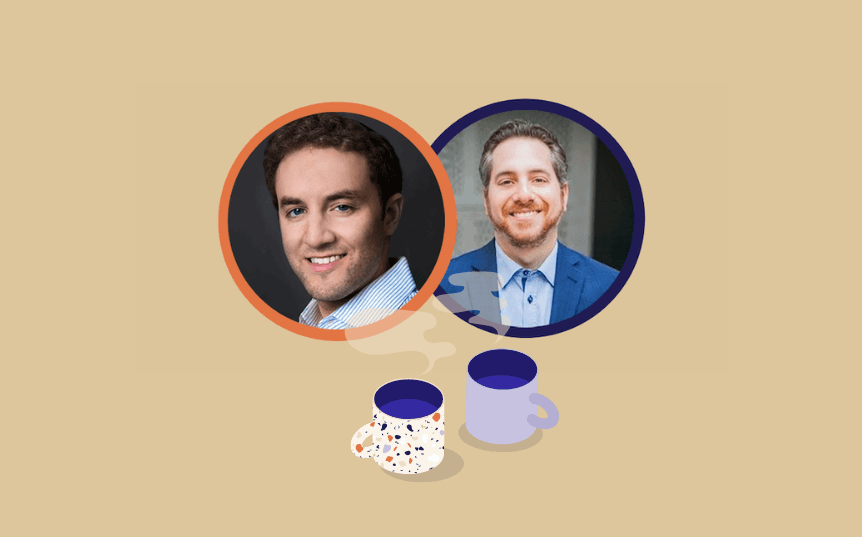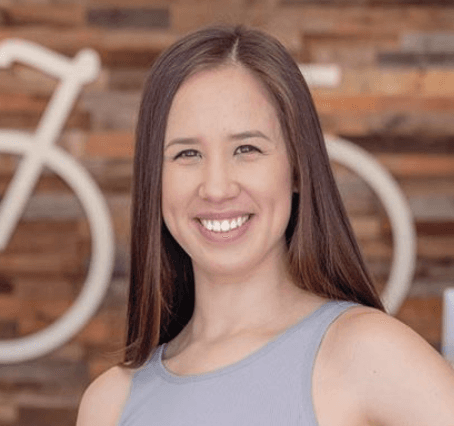Coffee With An Estate Lawyer: Death & Taxes

With tax season in full swing, we invited Neal Winokur to have a virtual coffee with Epilogue co-founder Arin Klug to discuss Death & Taxes.
Neal Wikour recently co-founded an accounting firm, Realty Tax, and is the author of The Grumpy Accountant. In his book, he uncovers the complexities of the Canadian tax system, ideas on how to simplify it, and also provides tax tips.
Like Epilogue’s mission to make estate planning more accessible, Neal is determined to find a more straightforward, approachable way for Canadians to manage their taxes.
During their discussion, they cover three main areas surrounding Death & Taxes: the taxes arising from death, estate income taxes, and probate.
Part 1: Taxes on Death.
This is about to get grim, so bear with us.
You may not realize this but, when you die, you get a big tax bill. The government considers all the assets you own at the time of your death to have been sold—known as deemed disposition. As a result, it might seem like you earned a lot more income than you actually did. Hence the big tax bill.
Think of it this way: George owns an investment property worth $200,000 when he dies. The government treats George as if he sold this property on his date of death for $200,000. Half of his gain gets included in his final tax return. This is where George's family runs into a cash flow problem. The property has not actually been sold, so there’s no cash sitting around to pay that tax.
There’s more nuance to it than George’s scenario, but that’s the gist. There are ways to plan ahead for this tax so your family doesn't get hit hard with a big bill.
More taxes can arise if someone owns an RRSP or RRIF when they die. Neal often encourages his clients to contribute to their RRSPs because they will pay less tax each year, and once the money’s in there, it grows tax-free. When you turn 71, your RRSP becomes an RRIF, with a fixed rate coming out and going into your income every year. The catch is that the value of your RRIF also gets included in your income on your final tax return.
All this is why Arin likes to say that, for most people, the biggest tax bill they ever get is the one they're not around to see!
On the flip side, if you’re inheriting money you don’t have to pay tax on the money you inherit. This is because, in most cases, money is only paid out of an estate after the tax has been paid on it.
Part 2: Estate Income Taxes.
Neal explained that taxes don't end at death and, in some cases, can continue on for many years after someone dies. This is because an estate can continue to earn income after someone dies.
If a person owns an investment account while they are alive, they will pay tax each year based on the interest, dividends, and capital gains in that account. After a person dies, that investment account will continue to earn income, and tax needs to be paid on it.
That tax is reported by the person's estate on a T3 tax return (which is similar to the T1 form that the living use to report their income every year). In theory an estate can go on for years, or even decades. And as long as that estate continues to earn income, it will be required to report it and pay tax.
Part 3: Probate.
Probating a Will simply means proving a Will is indeed the deceased’s valid last will and testament. And guess what? There’s tax associated with it.
The cost varies by province, with some having a flat fee and others, like Ontario, having a more complicated fee structure. In Ontario, you pay $5 per every $1000 for the first $50,000 of the value of your estate. Above that, you pay $15 for every $1000. This tax isn’t based on income, it’s based on the value of your assets. As you might guess, things can add up quickly.
While no law says a Will must go through probate, the executor may run into some issues with third parties, like banks, if the Will isn’t probated. The executor then has to go to court, get a judge to stamp the Will with a seal to confirm that it is the last Will. Just like deemed disposition, there are ways to plan, so this tax doesn’t get out of control.
Fair versus simple
A lot of people blame the CRA for their tax woes. But the problem lies in legislation that hasn’t changed since 1971. The world has evolved so much in the last 50 years, but our tax system has not.
The Canadian system prioritizes being fair, which means there are going to be many layers of complexity. If we wanted the system to be simple, it wouldn’t be as fair.
Over 28 million people in Canada file a tax return every year, and Neal’s goal is to simplify the system to collect the same amount of tax, but in a much easier way for Canadians who have to file.
In Closing
It’s not all doom and gloom. Working with a CPA, setting up life insurance, and writing your Will are a few simple ways you can set yourself up to avoid hefty tax bills after death.
The more accessible things like taxes and estate planning are, the easier it will be for all Canadians to complete them and find peace of mind for their families.
If you’d like to learn more about the tax system in a very refreshing, entertaining way, check out Neal’s book The Grumpy Accountant.
Watch the full conversation here.









